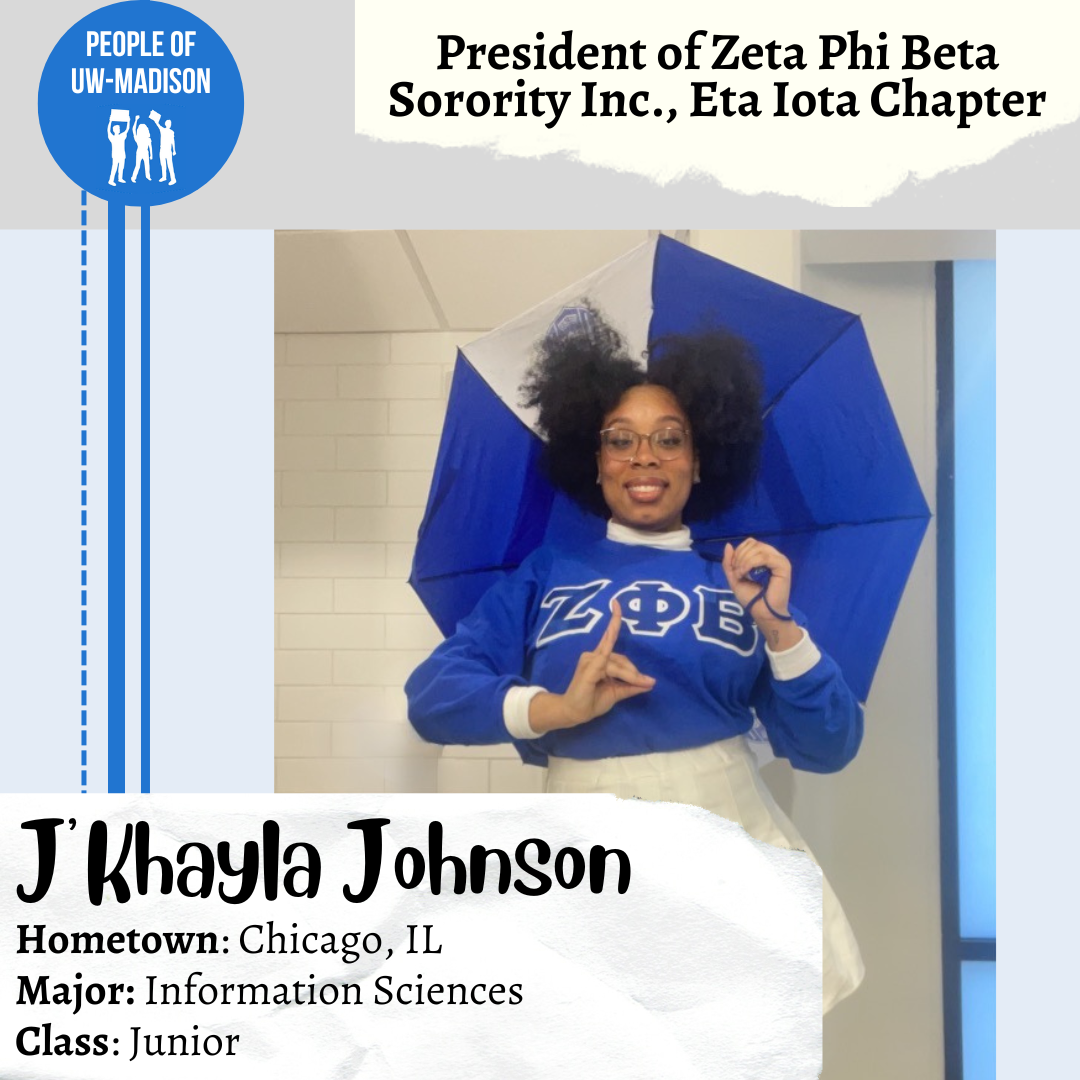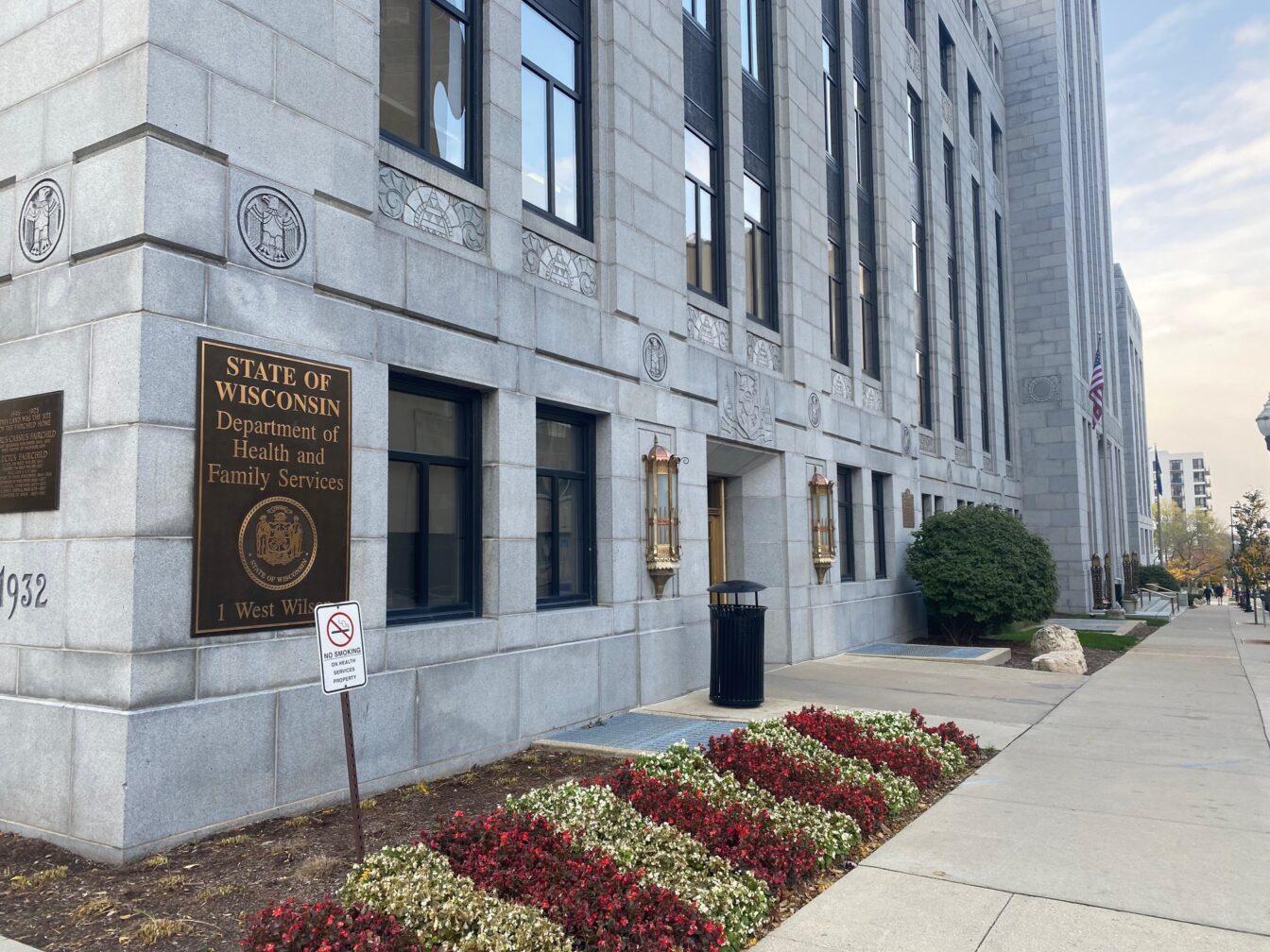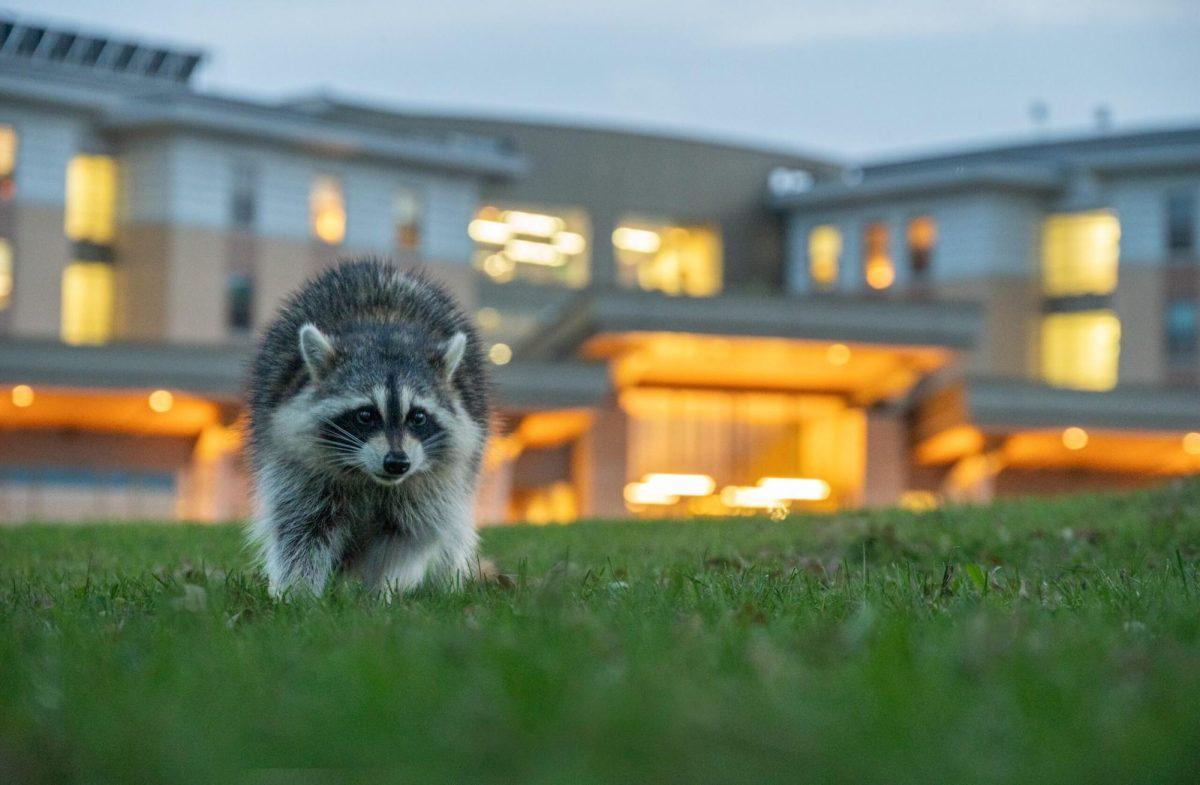University of Wisconsin graduate Will Harper is a child protection adviser for Save the Children, a humanitarian organization. A 2009 UW master’s degree graduate in counseling psychology, Harper has been based in Amman, Jordan, at the Zaatari Refugee Camp for four weeks. In a Skype interview with The Badger Herald, Harper shared his experiences working with refugee children on the border between Jordan and Syria. The interview has been edited for clarity and readability.
BH: From UW to Jordan – take me through the journey.
WH: When I first arrived at the University of Wisconsin, I had spent about three years of more development-focused work in South Africa, working with kids and youth doing kind of social work and life-skills education. And then I went and did my master’s in counseling psychology and I started looking for a way to get back into doing more emergency-response work, humanitarian work.
BH: You are on the ground in an area that has been a hot topic of international news for social and political unrest. How has that affected your perception of the area?
WH: Well, the war in Syria has been going for over a year now, so people have been coming into Jordan in big numbers. So I guess for me it wasn’t so much of having a perception before coming, but just knowing that we have got a camp – 30,000 people have registered in that camp. I think that is about half the student body at UW. So a big number of people and they are coming across every night; the situation is growing and changing by the day. Really for us we don’t get into the other issues, but we focus on the kids.
BH: What is the perspective of the people you are surrounded by?
WH: In Zaatari Camp, a refugee camp where a lot of our work is based, the people, kids coming to our programs, parents that we are working with, they really are telling us they want the war to end. They want the violence to end; they would like to go home, home to Syria.
BH: Did you have any reservations about going into the region?
WH: No, no reservations. Working in refugee camps and in conflict and post-conflict places – that is the focus of the humanitarian work of Save the Children. So this was a pretty natural progression career-wise. This is what we do.
BH: Can you tell me about your work specifically?
WH: I am the child protection adviser. We have got social workers that are working with some of the most vulnerable kids; those include people under the age of 18, who have come across the border without any adult to look after them. In addition to that we run child-friendly spaces. We do psychosocial support activities to help kids get into a routine and really provide them with a place to express themselves and interact with other kids.
BH: What have you been hearing from the kids in your programs?
WH: The things that these kids are telling us are pretty horrible scenarios. Kids tell us they have been abused or tortured or beaten and the journey across the border is a pretty harrowing journey for people. They come across at night and then come to this chaotic camp where it can be a struggle to get good food or enough water. It is a really tough place for a kid to live.
BH: You have been at Zaatari Camp for four weeks. From day one to now, how has the camp changed?
WH: With the situation in Syria, the war continues and refugees continue to come across the border. A normal night [means] between 500 and 1,000 refugees come into the camp. So if a UW student thinks about their Intro to Psychology class and how many people are sitting in that room, that’s how many people are leaving everything behind and coming to this refugee camp every day. So as soon as we catch up with our work, more people are coming in and the work continues. The camp is growing every day and that is a big change we have seen.
BH: How has working with the refugees shaped your experience?
WH: Working with the Syrian community in Zaatari Camp, they are quite open and up-front about their experience, about the horrible things that they have seen and the violent things they have endured. Kids are amazingly resilient. The Syrian community, it’s a group of people that are really trying to get on with their lives and that is an amazing thing to be a part of that community.
BH: What do you see from here on out?
WH: The war in Syria does not show signs of ending soon, and the camp is growing by the day. We are planning on being here for as long as we need to.
BH: Lastly, drawing from your experiences in Jordan, what message do you have for UW students?
WH: I know that Syria is a long way from Madison and it is easy to see things on the news and feel a separation from that. But the kids in Zaatari Camp are not that different than kids in Madison. One boy that we spoke with, two friends carried him across the border, he got his leg amputated; he was involved in the fighting. We asked him what he wanted and he said to us that he wanted a phone so that he could get on Facebook. That really shows that despite the difference in experience, people in Zaatari Camp and people in Syria are not that different than those in Madison. Even though it seems a long way away, people in Madison and young people, students can have an impact, whether that is making a donation or having a conversation about the conflict. I think that is really critical.
More information about Save the Children places for donation can be found at www.savethechildren.org.















